Water Softeners vs. Water Purifiers: Choosing the Right Solution
In our quest for clean and safe water at home, we encounter various technologies designed to improve water quality. Among the most common are water softeners and water purifiers. Each serves a distinct purpose, addressing specific concerns related to water quality. Understanding the differences between these technologies is crucial in selecting the right solution for your home. Let’s explore water softeners and water purifiers in detail to help you make an informed decision.
Water Softeners: Tackling Hard Water Woes
What is Hard Water?
Hard water refers to water with elevated levels of dissolved minerals, predominantly calcium and magnesium ions. These minerals are naturally present in groundwater and can cause several issues:
- Scale Build-Up: Minerals precipitate out of the water and form scale deposits in pipes, appliances, and fixtures, reducing their efficiency and lifespan.
- Soap Scum: Hard water reacts with soap to form a sticky residue, making it difficult to lather and leaving spots on dishes and surfaces.
- Skin and Hair Issues: Hard water can leave skin feeling dry and hair looking dull due to mineral deposits.
How Water Softeners Work
Water softeners are designed to combat the effects of hard water by removing calcium and magnesium ions through a process called ion exchange. Here’s how it works:
- Ion Exchange: The heart of a water softener is a resin tank filled with small polystyrene beads charged with sodium ions. As hard water flows through the resin bed, calcium and magnesium ions exchange places with sodium ions, effectively softening the water.
- Regeneration: Over time, the resin beads accumulate calcium and magnesium ions and require regeneration. This involves flushing the resin bed with a brine solution (saltwater) to recharge the beads with sodium ions, readying them for another cycle of ion exchange.
Advantages of Water Softeners
- Scale Prevention: By removing calcium and magnesium ions, water softeners prevent scale build-up in pipes, appliances, and fixtures, extending their lifespan and improving efficiency.
- Improved Cleaning: Soft water enhances the effectiveness of soaps and detergents, leading to better lathering and cleaner dishes, laundry, and surfaces.
- Skin and Hair Benefits: Soft water is gentler on the skin and hair, reducing dryness and promoting a smoother feel.
Water Purifiers: Ensuring Safe Drinking Water
Types of Water Purification
Water purifiers are designed to remove contaminants and impurities from water to make it safe for drinking. Several technologies are used for water purification, including:
- Reverse Osmosis (RO): RO systems use a semipermeable membrane to remove contaminants such as dissolved solids, heavy metals, and chemicals.
- Ultrafiltration (UF): UF membranes filter out particles, bacteria, and viruses, ensuring microbiologically safe water.
- UV Purification: Ultraviolet light is used to disinfect water by deactivating bacteria, viruses, and other microorganisms.
Advantages of Water Purifiers
- Removal of Contaminants: Purifiers eliminate harmful substances like bacteria, viruses, pesticides, and heavy metals, ensuring safe and clean drinking water.
- Versatility: Different purification methods cater to specific water quality issues, allowing flexibility in addressing regional or household-specific concerns.
- Health Benefits: Purified water is free from contaminants that can cause waterborne diseases and long-term health issues.
Choosing Between Water Softeners and Water Purifiers
Considerations for Water Softeners
- Water Hardness: If you experience issues like scale build-up or dry skin and hair due to hard water, a water softener is the appropriate choice.
- Maintenance: Regular regeneration and salt replenishment are necessary for maintaining the effectiveness of water softeners.
- Cost: Initial installation costs and ongoing maintenance expenses should be considered.
Considerations for Water Purifiers
- Water Quality: If your primary concern is drinking water safety and quality, especially in areas with contamination issues, a water purifier is essential.
- Technology: Choose the purification technology based on the specific contaminants present in your water.
- Usage: Consider the volume of water you need to purify daily and choose a purifier that meets your household’s requirements.
Aquafresh RO Purifier
Aquafresh RO Purifier stands out as a leader in water purification technology in India. With advanced RO filtration, it effectively removes contaminants while retaining essential minerals, ensuring safe and healthy drinking water. Known for its reliability and user-friendly features, Aquafresh RO Purifier is a preferred choice among households seeking superior water quality solutions.
Conclusion
Both water softeners and water purifiers play vital roles in improving water quality at home, but they serve different purposes. Water softeners address the challenges posed by hard water, while water purifiers ensure safe drinking water by removing contaminants. When deciding between the two, assess your water quality issues and priorities. For overall household water quality improvement, some homes may benefit from both systems. Ultimately, choosing the right solution involves understanding your needs, assessing your water quality concerns, and selecting the technology that best meets those requirements for clean, safe, and refreshing water in your home.
Related:- How Often Should You Replace the Filters in Water Purifiers?

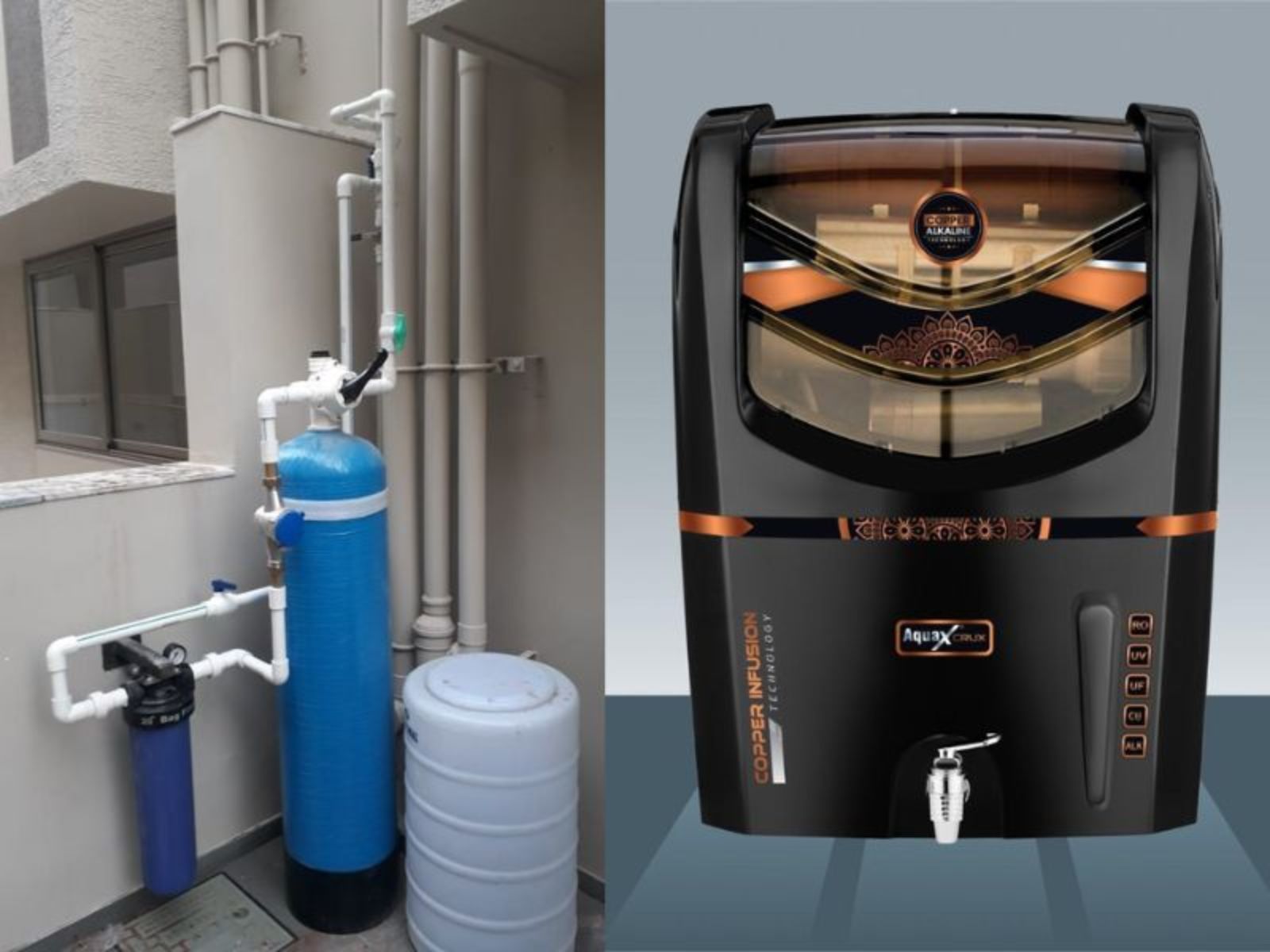
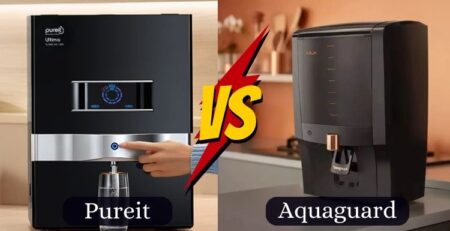
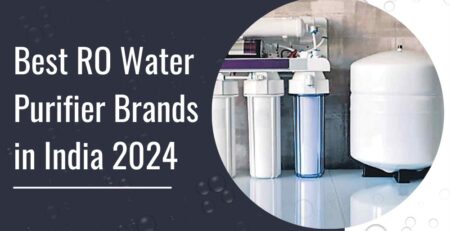
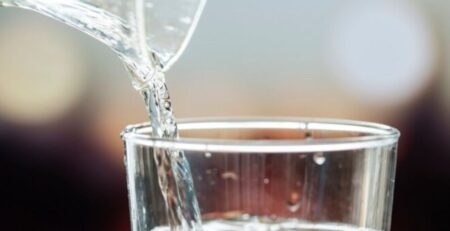
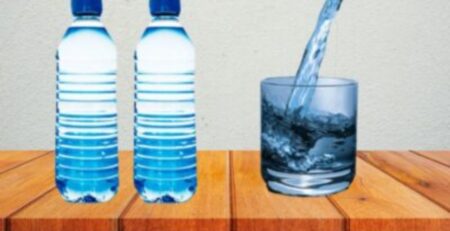
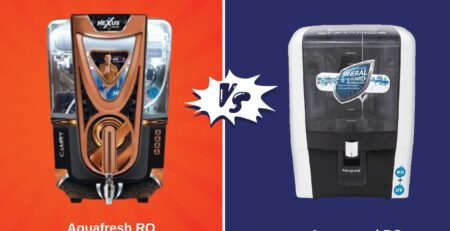
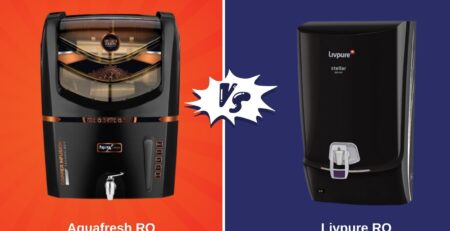
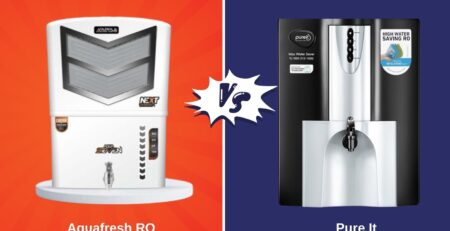
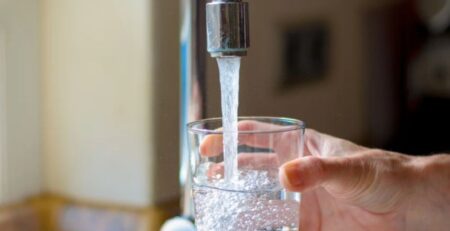
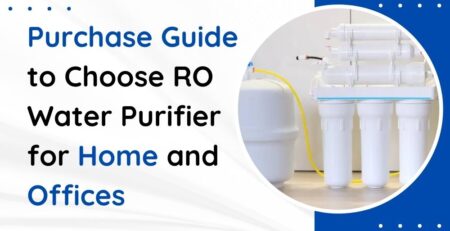
Leave a Reply